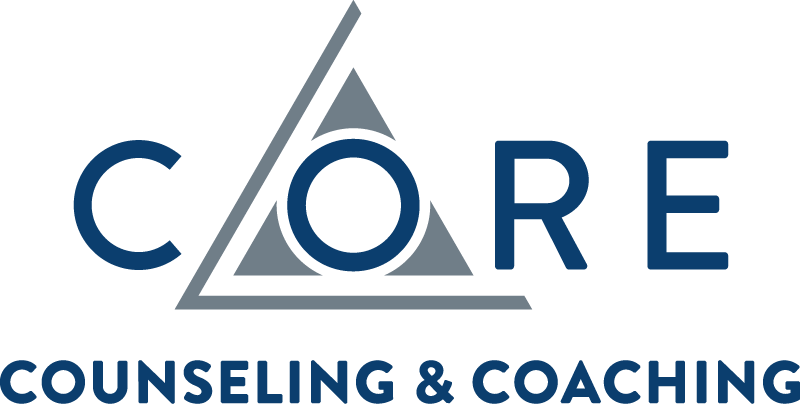“I could have had a V-8!”
Do you remember that commercial? (I know, it dates me.)
Everyone experiences regret for a spoken word, an action or a feeling. We figuratively (or maybe, literally,) slap ourselves in the forehead. We bemoan what we did or said, know that it cannot be undone.
Victor Frankl, a holocaust survivor, in his book Man’s Search for Meaning, says no matter what someone does to you or takes away from you, they can never take away how you choose to respond:
“Between stimulus and response there is a space. In that space is our power to choose our response. In our responses lies our growth and our freedom.”
Mindfulness training steps can help a person create that “space” to decide how to respond. Mindfulness does not make choices for you. It trains the brain to be less reactive and more responsive.
Step Back, Step Up and Step In
It may help to visualize it this way:
1. First, Step Back. When you are poked or provoked (real or imagined,) pause before you react. In baseball, outfielders are taught when at fly ball is hit in their direction, to take one step back, then react to the ball. If your first step is forward, you may find the ball sailing over your head.
2. Next, Step Up. Put yourself in a place to mentally observe what you are thinking and feeling. You may realize those thoughts or emotions are not necessarily true. They could be old patterns or reruns of negative mental tapes.
3. Last, Step In. Now it is time to choose the most effective response to the situation.
Mindfulness does not avoid engaging in conflict. It provides space to make more effective and healthy choices within conflict.
Engaging in mindfulness training will help you train your brain to respond effectively to people and circumstances. Rather than reacting and later lamenting that you “could have had a V-8.”
Core Counseling & Coaching

When you’re not sure how to respond to situations, reach out to Don Burroughs at Core Counseling. Don understands that when the mind is stressed, so is the spirit and body. He can help you implement healthy strategies for improving your overall wellbeing. This multi-dimensional approach is ideal for individuals are looking for mental, emotional, and/or spiritual solutions.
Contact Don to learn about improving your wellbeing.
